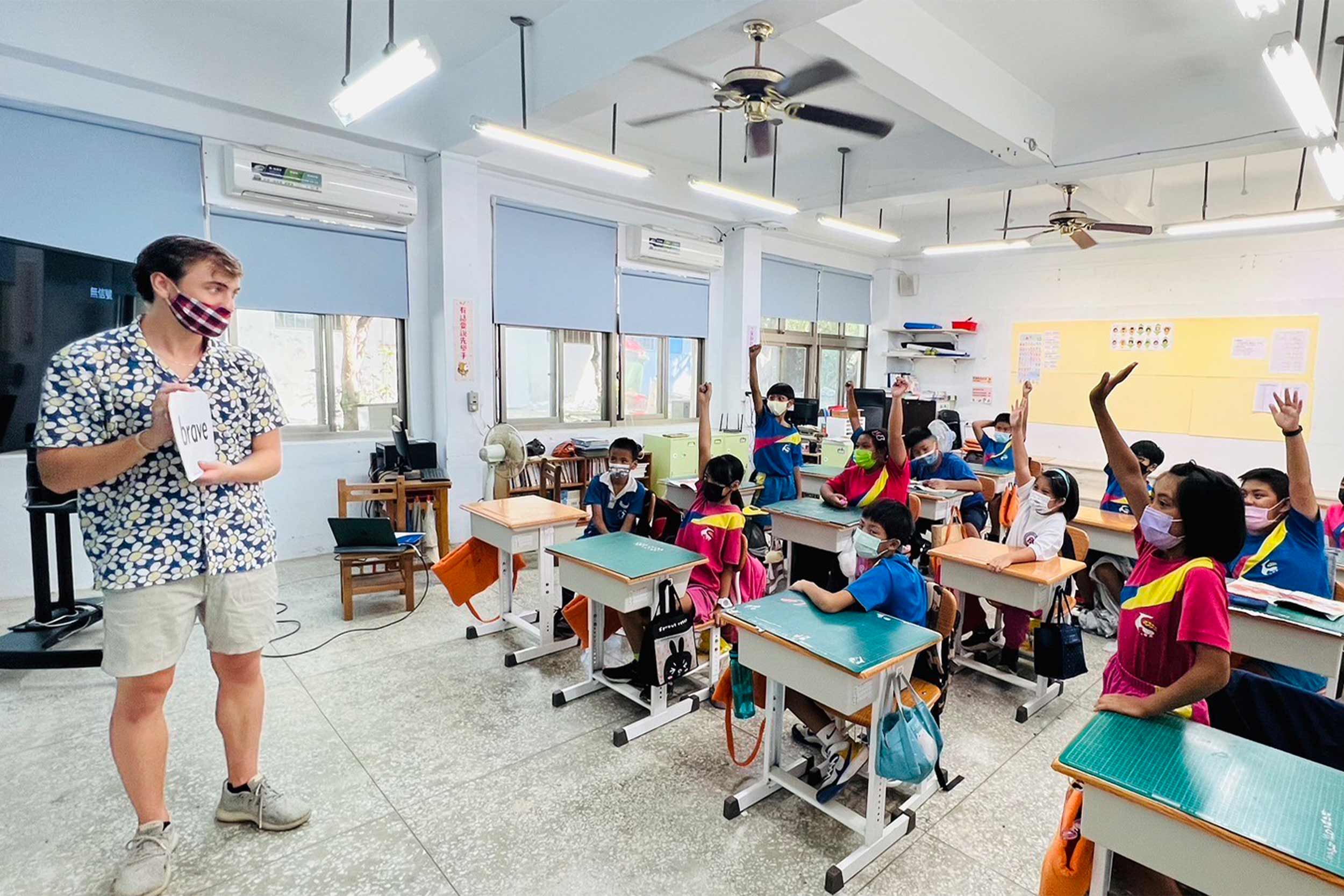The U.S. Department of State has named the University of Virginia as a Fulbright U.S. Student Program Top Producing Institution for the 2022-23 academic year.
The State Department’s Bureau of Educational and Cultural Affairs placed UVA among its top 20 research institutions for the number of applicants selected for the 2022-23 Fulbright U.S. Student Program, which puts them in a position where they meet, work, live with and learn from the people of the host country, sharing daily experiences. In 2022, 18 UVA students were offered Fulbright awards, and 15 accepted the award.
“While I am leery of celebrating rankings, it is worth celebrating this designation, as it’s a testament to how many of our students apply for the Fulbright,” Andrus G. Ashoo, director of UVA’s Office of Citizen Scholar Development, said. “With our global faculty and the fact that we teach more than 20 foreign languages at UVA, our students should be so encouraged to spend a year abroad that UVA is on this list every year. Our staff looks forward to starting work with the next cohort of applicants this spring.”
The Fulbright program, created in 1946, is the U.S. government’s flagship international educational exchange program. More than 400,000 participants have participated in the Fulbright Program, coming from all backgrounds and fields, including recent university graduates, teachers, scientists, researchers, artists and others from the United States and more than 160 other countries.
UVA Fulbright recipients this year are in Mexico, Spain, France, Ivory Coast, Jordan, Thailand, South Korea, Vietnam, Taiwan and the Philippines.
Meghan O’Donoghue, a fifth-year doctoral candidate in the UVA’s Department of French, is working on a dissertation about environmental knowledge, education and agriculture in 20th-century, colonial-era French West Africa.
“I received a Fulbright Open Research Award for the summer and fall of 2022 to conduct archival research at France’s Overseas Archives in Aix-en-Provence, France,” O’Donoghue said. “Archive work takes quite a bit of time, luck and patience. And, with the restrictions from the pandemic during earlier years of my dissertation work, I had not been able to spend a long period of time in French archives. The Fulbright gave me both the time and support to complete key research for my dissertation that I would otherwise have not been able to do.”
While some Fulbright recipients pursue research, others teach English and develop cultural connections with people in other countries.
Benjamin Hazelton, who is teaching English in an indigenous Paiwan community in Taimali, Taiwan, said the Fulbright program offered him a period of personal growth.










